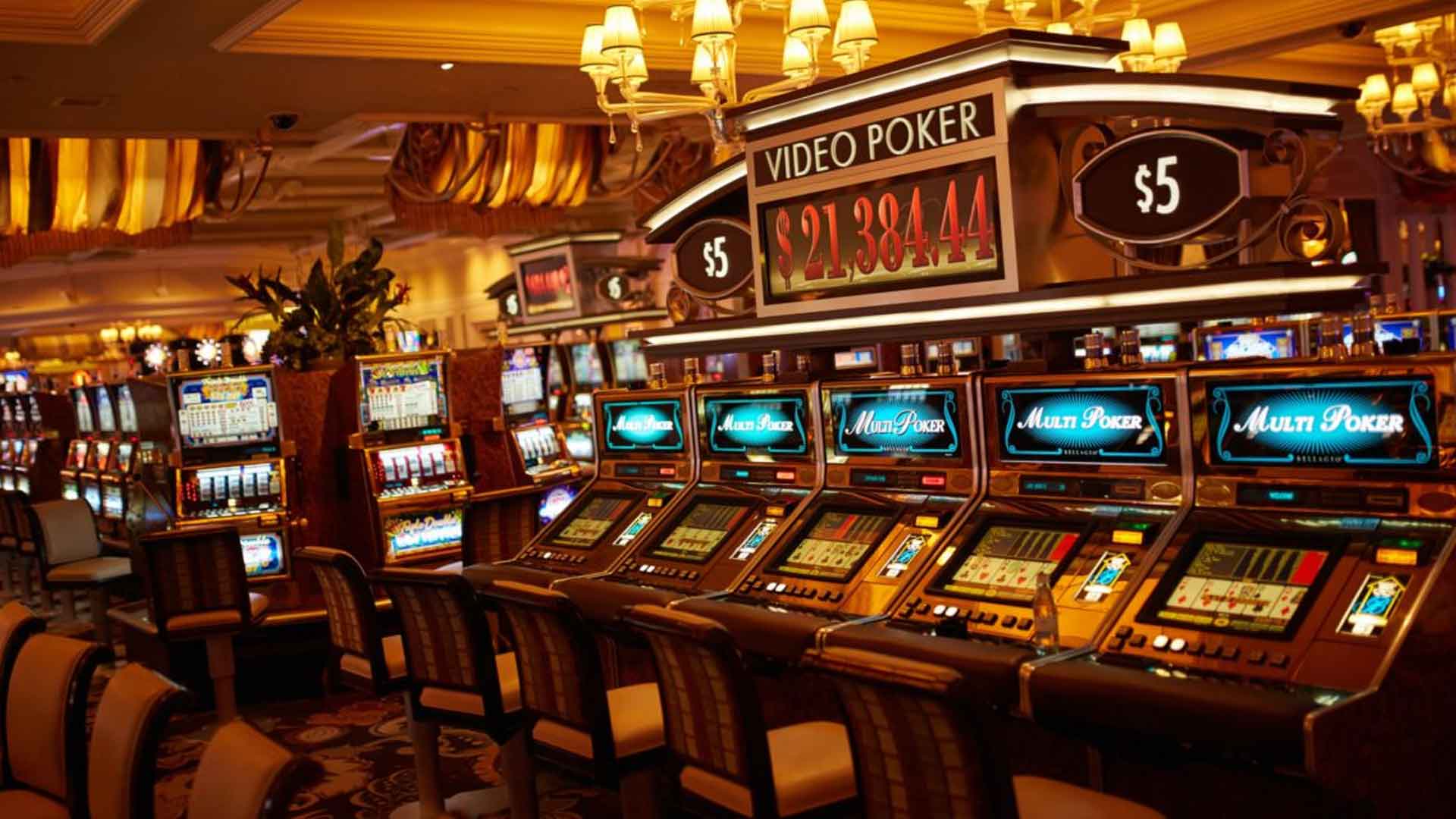The Real Stories of Casino Losers

The Real Stories of Casino Losers
The dazzling lights, the rhythmic jingle of slot machines, the palpable energy of a roulette table – casinos often conjure images of glamour, excitement, and the tantalizing possibility of life-changing wins. Marketing campaigns relentlessly portray winners, beaming with joy, clutching massive checks. Yet, behind this carefully curated facade lies a far more common, and often devastating, reality: the untold narratives of casino losers. These are not just anecdotes; they are profound human experiences marked by financial devastation, emotional turmoil, and fractured lives. Understanding these real stories is crucial to grasping the true cost of unchecked gambling.
For many, the journey into the abyss of gambling losses begins innocently enough. Perhaps it’s a casual night out with friends, a small win that sparks a fleeting sense of invincibility, or even a desperate attempt to escape existing financial pressures. The casino environment is expertly designed to perpetuate this illusion. Every bell, every flash, every complimentary drink is meticulously calibrated to keep players engaged and, more importantly, spending. The fundamental truth, however, remains immutable: the house always has an edge. Over time, mathematical probability dictates that the vast majority of players will lose money. This inherent advantage is the bedrock of the casino industry's colossal profits, making "losing at casino" a statistical inevitability for many.
The progression from casual play to problem gambling is often insidious. It begins with "chasing losses" – the desperate, irrational belief that just one more bet will turn things around and recoup what’s been lost. This cycle can quickly escalate, leading individuals to gamble more frequently, with larger sums, and often in secret. Savings accounts are depleted, credit cards are maxed out, and personal assets are mortgaged or sold off. The "financial ruin casino" brings is not a myth; it's a stark reality for countless individuals and families. Stories abound of homes lost, businesses bankrupt, and inheritances squandered, all in the futile pursuit of a win that rarely materializes.
Beyond the immediate financial devastation, the psychological impact of gambling losses is profound and often debilitating. Shame, guilt, and a pervasive sense of failure consume the individual. Depression and anxiety become constant companions, leading to a decline in overall mental health. The secrecy required to maintain the gambling habit isolates individuals from their loved ones, eroding trust and fostering a sense of profound loneliness. Many grapple with suicidal thoughts, seeing no way out of the crushing debt and despair. The emotional scars run deep, far beyond the initial monetary losses, leaving lasting damage on their well-being.
The ripple effect of problem gambling extends far beyond the individual, fracturing families and dissolving relationships. Lies become commonplace, as the gambler desperately tries to conceal the extent of their losses and their addiction. Marriages crumble under the weight of financial betrayal and emotional distance. Children often suffer from neglect, instability, and the emotional trauma of witnessing a parent's descent into addiction. Jobs are lost due to absenteeism, poor performance, or even theft committed to fuel the habit. The "impact of gambling losses" on families and communities is a tragic narrative that often remains hidden from public view, overshadowed by the industry's glamorous facade.
It's important to understand that the casino business model thrives on consistent losses from its players. They don't rely on the occasional big winner; their profit comes from the predictable, cumulative losses of thousands. While traditional casinos are physical manifestations of this lure, the digital age has brought an even wider array of options, including platforms like m88 slot alternatif, broadening the accessibility and potential pitfalls of gambling worldwide. The ease of access, combined with sophisticated psychological triggers embedded in online games, can accelerate the path to addiction for vulnerable individuals. These platforms, much like their brick-and-mortar counterparts, are designed to maximize play and, consequently, maximize losses for the majority of users, thereby demonstrating "how casinos win" through the aggregate losses of many.
While the narratives of "casino losers" are often bleak, it is crucial to acknowledge that recovery from gambling addiction is possible. The first, and often most difficult, step is admitting the problem and seeking help. Support groups like Gamblers Anonymous, along with professional therapy and financial counseling, offer pathways to recovery. These stories serve as a stark reminder of the importance of responsible gambling, understanding the odds, and recognizing the warning signs of addiction. They are a call for empathy and support for those caught in the powerful, often invisible, grip of gambling addiction.
In conclusion, the glitz and glamour of the casino floor hide a darker, more prevalent reality for countless individuals. The "real gambling stories" of those who lose are not just tales of bad luck; they are profound accounts of human vulnerability, financial devastation, and psychological torment. These narratives underscore the urgent need for greater awareness about the risks of gambling, stronger support systems for those struggling with addiction, and a broader societal understanding of the true "consequences of gambling." Only by confronting these hidden truths can we begin to address the widespread suffering caused by this often-glamorized industry.